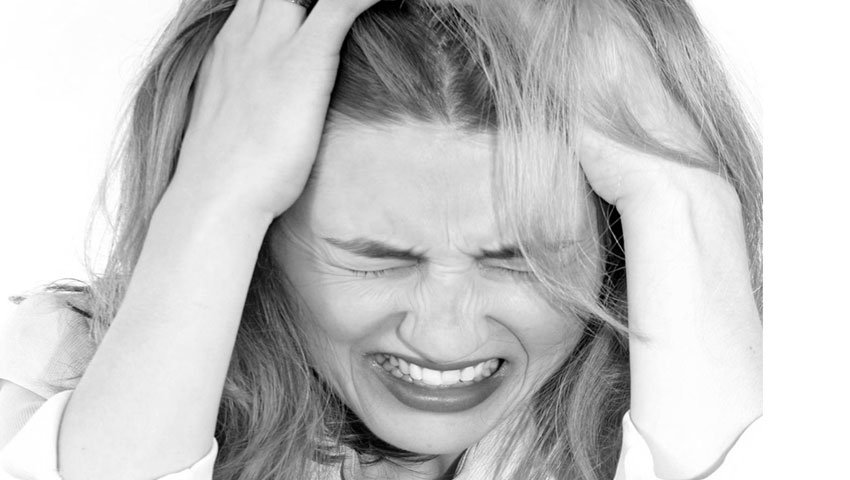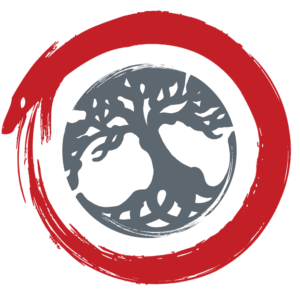Online and office service

Stress is our response to something in the environment that we see as a potential threat, danger or attack on our well-being
Is stress holding you hostage ?
The world we live in today is fast paced, always plugged in, and constantly being upgraded with the news and most current information. We are immediately, and constantly, in touch with work, friends, strangers and co-workers via social media, cell phones and every device imaginable with internet access. Add to that pressures of the economy, family, society and everyday life and you have the perfect recipe for problems with stress.
What is stress ?
Stress is our response to something in the environment that we see as a potential threat, danger or attack on our well-being. Stressors, those threats or challenges we have in life, cannot be stopped, but our ability to handle our reaction to those triggers certainly can.
When stressors occur that we perceive as a threat our bodies naturally respond. This typically includes physiological changes such as increases in respiration, blood pressure and heart rate as well as increased sight acuity and hearing. Our muscles tense up in preparation for immediate use. In turn, bodily functions we don’t need to run away or stand and fight, such as digestion, immune system functioning and higher order thinking processes become much less active. This all happens because of the release of certain chemicals in the brain and body, such as adrenaline and cortisol, that prepare your body for fight or flight.
In a normal stress situation, once you see you are no longer in a threatening situation the body reverses the process and sends out calming hormones from the parasympathetic nervous system. These hormones and chemicals tell your body to relax and rev up your digestive and immune functions, restoring your body and your brain chemistry to normal.
Chronic Stress
When we are bombarded by stressors on a daily basis sometimes our body chemistry fails to shut down the stress response. We stay hyper-vigilent, unable to sleep or relax. Our immune systems do not function effectively and we are more likely to have medical health issues. Our thoughts race and we seem to be stuck in a cycle of worry, fear, anxiety and distress.
When people experience chronic types of stress, regardless of the specific stressor, there can be extreme reactions. Some people may simply be unable to function, seemingly frozen by what may happen. Others become very aggressive and try to take on the world, only adding to their stress levels. Yet others may attempt to run away or flee from the source of the stress.
Signs of chronic stress will vary from person to person. They often include sleep problems, muscle pains and tension, feelings of being overwhelmed, anxiety and worry, increased digestive health problems, and attempting to self-medicate using alcohol or drugs.
Getting Help
Stress is a very real and very serious issue for millions of people today. If you are feeling stress that seems to increase rather than dissipate, it is important to seek professional help. Counsellors can help you learn effective coping strategies, such as building self-confidence, learning relaxation techniques and changing your lifestyle to lower your exposure to stressors in the world around you.
Posted by: Philippe Jacquet

